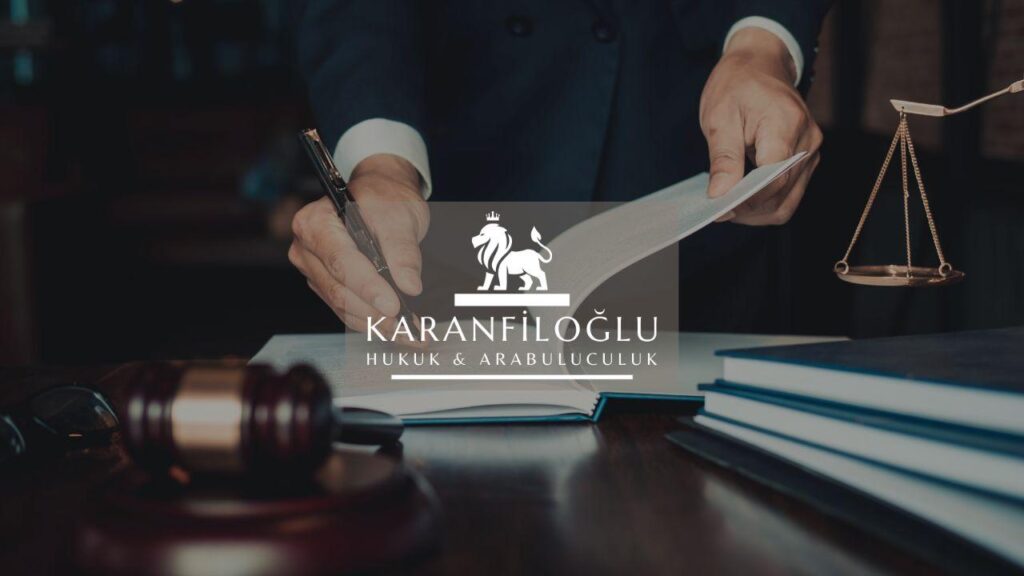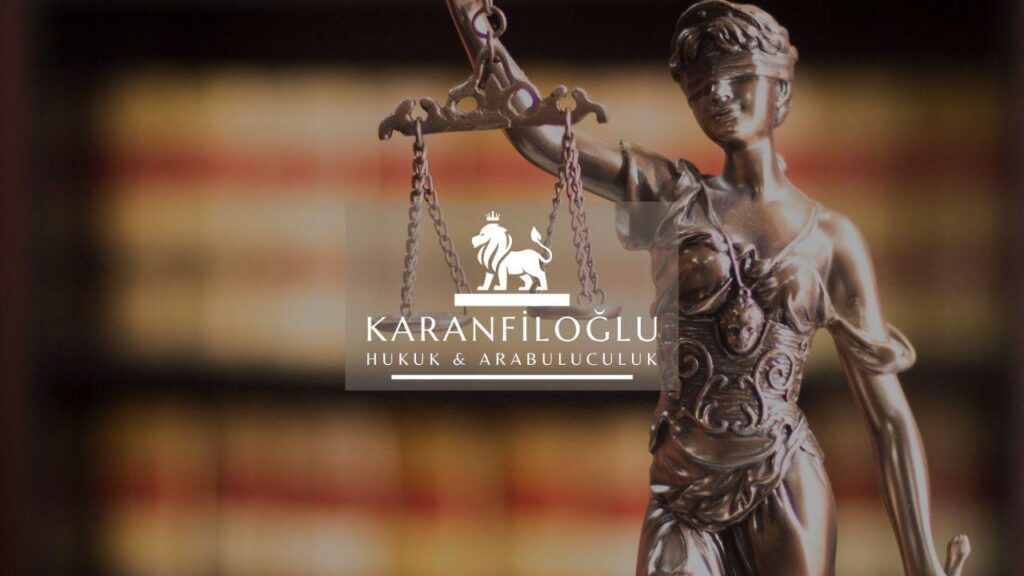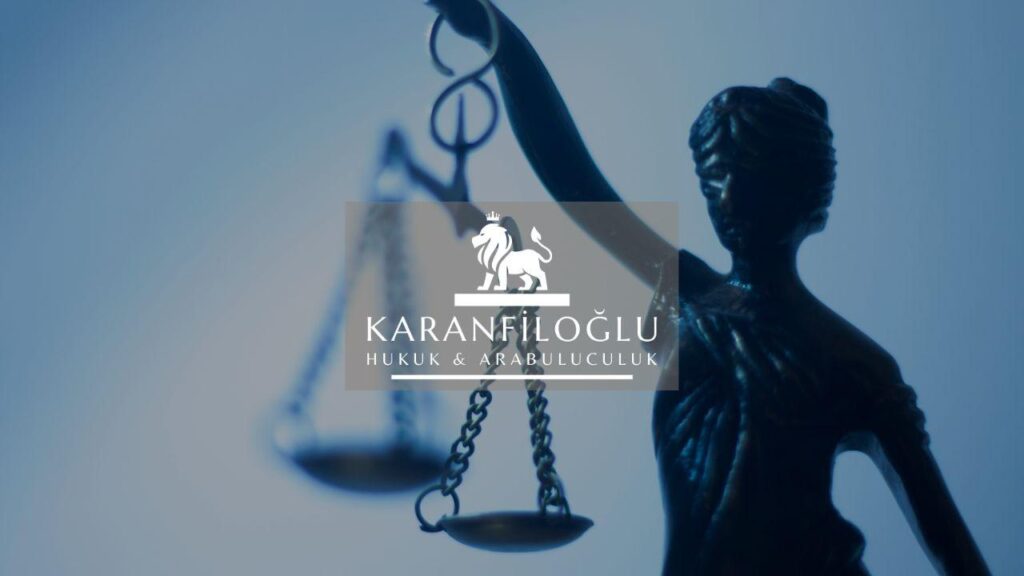Navigating the complexities of property tax, value-added tax (VAT), and associated fees in Turkey requires a nuanced understanding of the nation’s legal landscape. At Karanfiloglu Law Office, we recognize that these financial obligations are critical considerations when making property-related decisions, whether you’re purchasing real estate, engaging in construction projects, or handling any transaction involving tangible assets. Turkish tax laws stipulate specific rates and conditions that pertain to various property transactions, and failure to comply might lead to significant financial repercussions. Our team of seasoned legal professionals is adept at detailing these obligations, ensuring that all parties involved remain informed and compliant. By offering tailored legal guidance, we aim to minimize risks and provide clarity on one of the most pivotal aspects of property management and investment in Turkey. Trust Karanfiloglu Law Office to guide you through the intricate web of taxes and fees, safeguarding your interests and facilitating informed decision-making.
Understanding Property Tax Obligations in Turkey
In Turkey, property tax obligations are governed by the Real Estate Tax Law, which mandates property owners to pay annual taxes based on the assessed value of their real estate. This tax is applicable to a wide range of property types, including residential, commercial, and industrial estates. The applicable rate is determined by the location of the property; urban areas often incur higher rates than rural ones, reflecting the differences in value. Furthermore, new property owners are required to register their real estate holdings with the local municipality within the acquisition year to ensure compliance. Any delays or failures in meeting these obligations can result in penalties, emphasizing the need for diligent adherence to these regulations. Karanfiloglu Law Office is committed to assisting clients in navigating these complex requirements, providing comprehensive advice to secure compliance and optimize tax liabilities in accordance with Turkish laws.
Moreover, it is imperative to understand that property tax obligations in Turkey extend beyond merely paying the annual levy; they require an ongoing assessment of property value changes that may influence tax liabilities. For instance, any significant improvements or alterations made to the property, such as expansions or enhancements, could potentially alter the assessed taxable value, thereby affecting the amount payable. It’s essential for property owners to report such changes promptly to the respective municipal offices to avoid discrepancies and potential fines. At Karanfiloglu Law Office, we offer precise legal support to ensure that all modifications affecting tax obligations are officially documented and that clients remain compliant with the evolving tax requirements. Our expert knowledge is invaluable in guiding both domestic and international clients to understand their full spectrum of responsibilities, thereby promoting efficient property management and safeguarding financial interests.
In conclusion, understanding the broader spectrum of property tax obligations in Turkey is crucial for mitigating financial risks and maintaining legal compliance. It is not just the annual payments that demand attention, but also the cumulative factors influencing these requirements, including local regulations, property valuations, and any legislative amendments. Karanfiloglu Law Office emphasizes the importance of staying informed and proactive in managing these aspects, as an integrated approach to property management can prevent unforeseen liabilities and optimize fiscal efficiency. Our team stands ready to provide you with personalized legal strategies that align with current laws, ensuring that your property ventures are safeguarded against legal and financial challenges. Whether you’re a seasoned investor or a first-time property owner, our services are designed to empower you with the knowledge and resources needed to confidently navigate Turkey’s complex tax landscape with ease.
Navigating VAT Regulations for Real Estate Transactions
Understanding VAT liability in real estate transactions is crucial for any individual or entity involved in the Turkish property market. Generally, the sale of real estate is subject to VAT, with the applicable rate typically being 18%. However, certain conditions and exemptions exist, such as reduced VAT rates for first-time residential property purchases and certain investment properties. For example, properties under 150 square meters may qualify for a reduced rate of 1%. It is essential to verify the specific criteria that may apply to your transaction to avoid unforeseen expenses. At Karanfiloglu Law Office, we assist clients in identifying applicable VAT obligations or exemptions, providing detailed insights into the documentation and procedural requirements, and ensuring proper compliance. Whether you’re a domestic purchaser or a foreign investor, our expertise allows you to navigate the VAT landscape effectively, making your real estate dealings in Turkey smooth and compliant with all legal requirements.
When conducting real estate transactions in Turkey, VAT regulations can vary significantly depending on the nature of the purchase, the property type, and the buyer’s status. For instance, non-resident foreign buyers might benefit from specific exemptions or reduced rates if certain conditions are met. Additionally, businesses engaging in property development or resale need to account for VAT both on their acquisitions and sales, which necessitates a thorough grasp of intermediary VAT credits and how they can be leveraged. Moreover, differences in VAT rates can result from regional incentives intended to stimulate economic growth in designated areas. Karanfiloglu Law Office provides comprehensive legal analyses to ensure our clients are not only aware of the VAT obligations but also the available avenues to optimize their tax liability. By assisting in the planning stages and during execution, we help safeguard against compliance risks and potential financial liabilities for both individuals and corporate entities alike.
Furthermore, VAT considerations extend beyond just the transactional aspect, with implications for ongoing property management and potential future sales. The Turkish tax system allows for periodic reviews and reassessments of VAT obligations that can affect long-term investment strategies. Keeping abreast of legislative updates and potential reforms in VAT laws is therefore imperative for property owners and developers who wish to maximize their assets’ profitability. At Karanfiloglu Law Office, we offer our clients continuous advisory services to anticipate and adapt to changes in taxation policies, aiding in strategic planning and financial forecasting. Our legal team is proficient in dissecting complex legal language related to VAT and translating it into actionable advice tailored to our clients’ unique situations. Through constant vigilance and expert guidance, we empower our clients to effectively manage their real estate portfolios and capitalize on growth opportunities while minimizing tax exposure and ensuring full regulatory compliance.
Key Legal Fees in Turkish Property Transfers
In the realm of Turkish property transactions, several key legal fees are crucial to consider, as they ensure the seamless transfer of ownership while protecting both parties’ interests. Primarily, the title deed transfer fee constitutes a significant expense, generally calculated as a percentage of the declared property value. As of the latest regulations, this rate is 4%, typically split equally between the buyer and seller unless otherwise negotiated. Additionally, notary fees may arise, particularly if preliminary sales agreements are executed, requiring notarization to lend authenticity and legal effect. It’s important to note that engaging a lawyer for due diligence and consultation, while often representing an additional cost, can prove invaluable for both buyers and sellers. Legal counsel from an expert, such as Karanfiloglu Law Office, provides an extra layer of security, ensuring that documentation, compliance, and financial obligations are thoroughly addressed, thereby enhancing the transaction’s overall reliability and transparency.
Aside from transfer and notary fees, another crucial cost component in property transactions is the registration fee. This fee is charged for recording the ownership change in the Land Registry and Cadastre, an essential step in making the transaction official and recognized by law. Moreover, if the transaction involves a mortgage, there may be an additional fee for registering the mortgage on the property. Engaging an experienced legal advisor, such as those at Karanfiloglu Law Office, ensures these fees are rightly anticipated and paid, preventing any bureaucratic delays or legal challenges. Moreover, if the property transaction involves international elements, such as a foreign purchaser, there might be additional fees and considerations to navigate, including compliance with Turkey’s reciprocity law and restrictions on foreign ownership in certain areas. Our team assists in interpreting these provisions and aligning client transactions with the current legal framework, offering peace of mind throughout the property procurement process.
Beyond the aforementioned fees, potential buyers and sellers in Turkey should also be cognizant of additional costs that might arise during property transfers. These could include surveyor fees for property appraisal or valuation, which are often necessary to ensure that both buyer and seller agree on the property’s market worth. Additionally, bank transaction fees could incur if the transaction involves financial institutions, particularly for cross-border payments or currency conversions. At Karanfiloglu Law Office, we emphasize the importance of a comprehensive cost assessment at the outset of any property transaction. Our expertise in Turkish property law enables us to provide detailed consultations, helping clients anticipate all possible expenditures and avoid unforeseen financial burdens. Understanding these supplementary expenses can be pivotal in shaping a clear financial blueprint, safeguarding your investment, and easing the transition from negotiation to ownership. With our support, you can embark on your property journey in Turkey with confidence, fully informed of all legal and financial commitments involved.
Disclaimer: This article is for general informational purposes only and you are strongly advised to consult a legal professional to evaluate your personal situation. No liability is accepted that may arise from the use of the information in this article.







